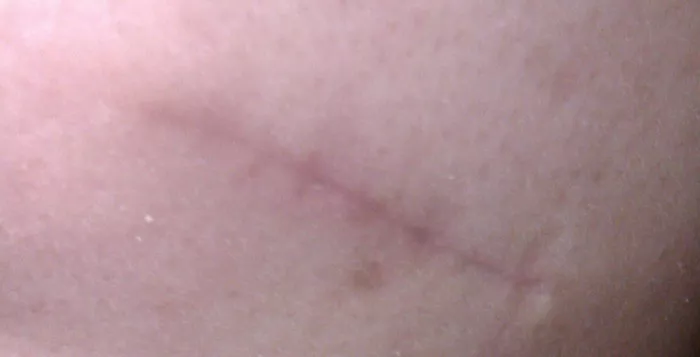The Ervebo vaccine, a breakthrough in medical science, has transformed the deadly Ebola virus from an almost certain death sentence into a preventable disease. Developed by Merck, this vaccine uses a modified virus to stimulate the production of antibodies that neutralize Ebola, offering new hope in the battle against one of the world’s most feared pathogens.
The Ebola Epidemic: A Global Wake-Up Call
The Ebola outbreak of 2014 devastated West Africa, killing over 11,000 people across Sierra Leone, Liberia, and Guinea. It was the largest outbreak since the virus was first identified in the Democratic Republic of Congo in 1976.
Ebola is notorious for its severe symptoms, including internal bleeding and hemorrhaging from the eyes, nose, and mouth. Fatality rates for the disease have ranged from 25% to 90%, depending on the outbreak and available medical interventions.
The 2014 epidemic exposed significant gaps in global preparedness for infectious diseases. At the time, no vaccines or treatments were approved for use, leaving health workers and researchers scrambling to find solutions amid the chaos.
The Birth of a Breakthrough
In the midst of the crisis, the rVSV-ZEBOV vaccine trials began in Guinea. Nearly 10,000 participants were enrolled over two years to evaluate the vaccine’s safety and effectiveness. These efforts were led by over 500 scientists and healthcare workers, including biologist and epidemiologist Yap Boum.
“We faced immense challenges, from setting up a fully operational laboratory in a week to addressing vaccine hesitancy in Guinea,” Boum recalled. The vaccine required storage at extremely low temperatures, necessitating the import of ultra-cold freezers, which were unavailable locally.
Despite the risks, frontline workers and those in close contact with Ebola patients were vaccinated, creating a protective “ring” around the infected. Preliminary trial results, announced on August 18, 2015, revealed near-perfect efficacy, marking a pivotal moment in the fight against Ebola.
Sierra Leone’s Nationwide Vaccination Campaign
Sierra Leone has since launched a nationwide campaign using Ervebo to vaccinate 20,000 frontline workers in 16 districts. The campaign targets healthcare workers, traditional healers, community health workers, laboratory personnel, and others involved in outbreak response efforts.
How Ervebo Works
Ervebo, a single-dose vaccine, is highly effective against the Zaire Ebola virus strain, the deadliest variant. Clinical trials have demonstrated efficacy rates exceeding 95%. The vaccine was first deployed during the 2018-2020 Ebola epidemic in the Democratic Republic of Congo under emergency use authorization, which allowed it to be used without full regulatory approval.
Since then, Ervebo has been used in preventive vaccination campaigns in Burundi, Uganda, South Sudan, and Rwanda to protect healthcare workers and others at risk.
Challenges to Overcome
Despite its success, significant challenges remain. Limited vaccine supply, logistical difficulties in remote areas, and vaccine hesitancy fueled by misinformation continue to hinder efforts. Strengthening healthcare systems and establishing local vaccine manufacturing facilities in Africa are critical long-term goals to address these issues.
Moreover, Ebola’s ability to persist in animal reservoirs, such as bats, underscores the need for a comprehensive strategy. Vaccination must be integrated with robust surveillance, outbreak response, and community engagement to achieve sustained control of the disease.
A Blueprint for Future Epidemics
Ervebo’s success provides a model for addressing other infectious diseases. The lessons learned from the Ebola response could guide efforts to combat outbreaks like mpox, with clinical trials paving the way for new vaccines.
While challenges persist, the development and deployment of Ervebo represent a monumental achievement in global health. By continuing to prioritize equitable access and coordinated responses, the world can take a significant step toward preventing future epidemics and safeguarding public health.
Related Topics
Twelve Key Factors to Protect Brain Health in the New Year
Louisiana Department of Health’s Shift Away from Vaccine Promotion Sparks Concerns Amid Flu Outbreak
Study Provides Insights Into Quality of Life for Adults with Congenital Heart Disease

































